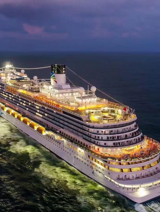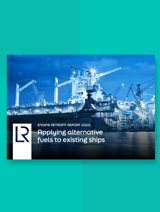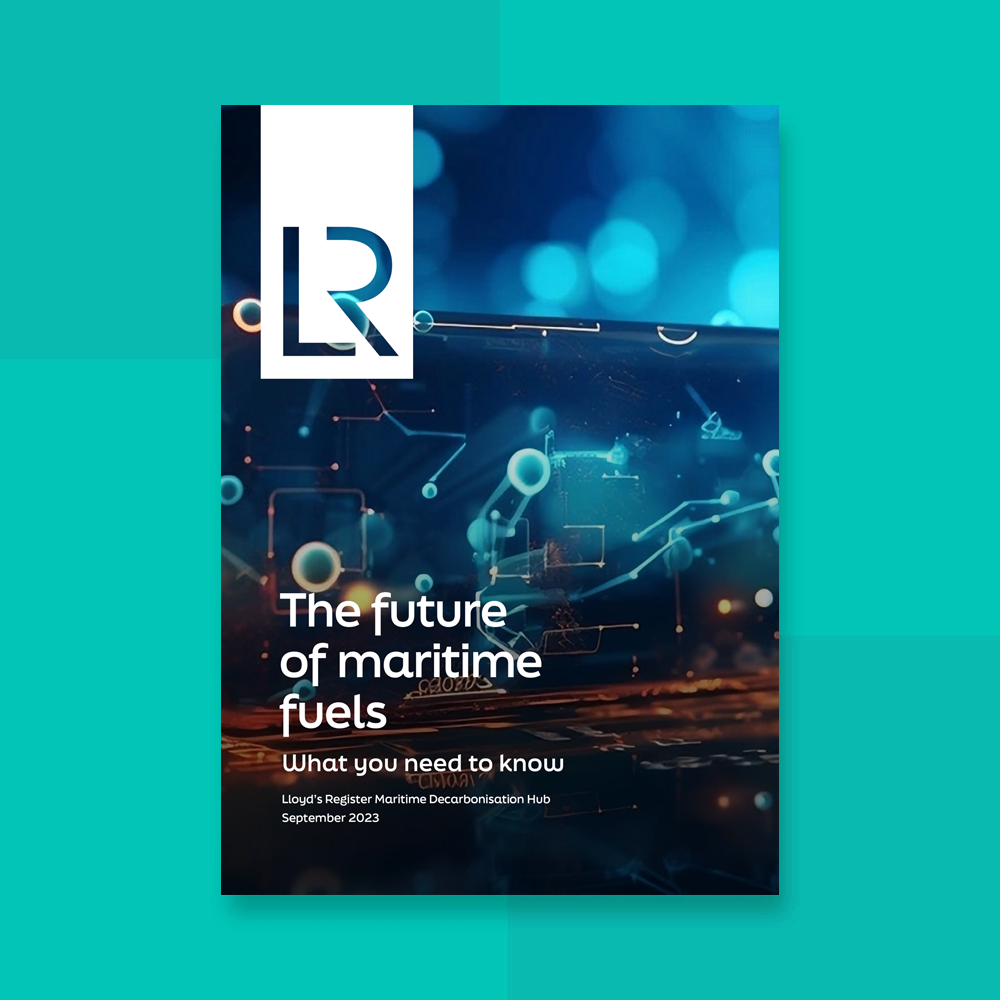The recent International Maritime Organization (IMO) Marine Environment Protection Committee has set new greenhouse gas (GHG) emissions reduction goals for the shipping industry, which will lead the sector to switch from conventional fuels to zero or near zero GHG fuels by 2050.
In view of the maritime sector's strengthened commitments to reduce GHG emissions, the Lloyd’s Register (LR) Maritime Decarbonisation Hub’s “The Future of Maritime Fuels” report presents a review of a wide range of fuel mix projections and has identified two alternative paths that will steer shipping’s course – hydrogen-based fuels scenarios and biofuels scenarios.
The report analyses the dynamics of the energy supply system within these scenarios, accounting for the expected supply as well as demands from other sectors for these fuels. These fuel mix projections underscore the industry's pivotal role in driving alternative fuel adoption while grappling with unique challenges in balancing demand, supply, and investment in alternative fuel pathways.
The report also identifies avenues for further exploration, such as deeper examination of fuel supply dynamics and their integration with existing fleet models, as well as cross-sector collaboration to enrich the industry’s understanding of shipping’s multifaceted fuel transition as it navigates towards greener horizons.






